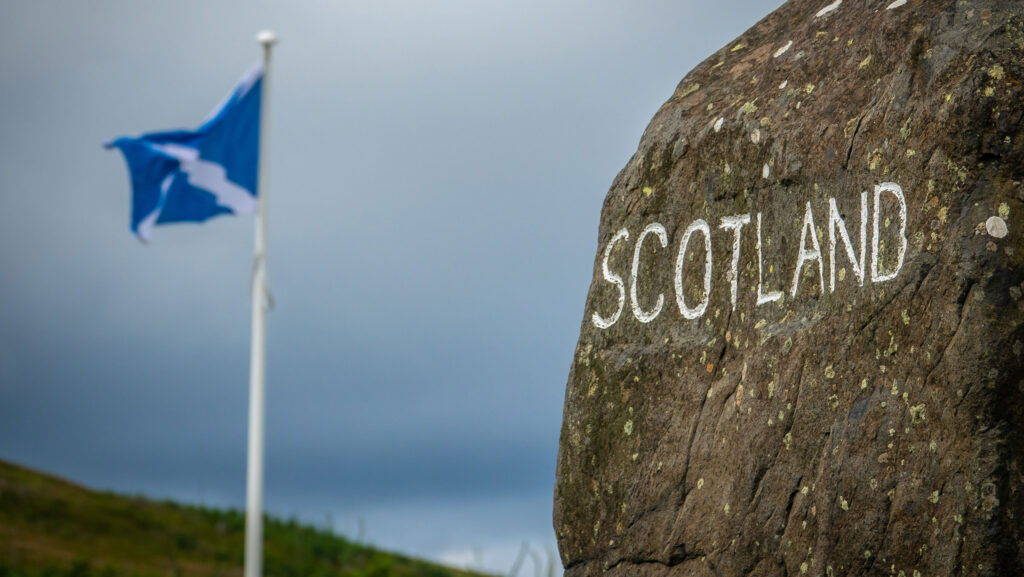Tourists in agricultural communities should ‘bring their brains’
 © Adobe Stock
© Adobe Stock I’ve come up with a marketing idea for Visit Scotland. It’s called the “Bring your Brain” campaign.
By bringing their brains on holiday, tourists can participate in fun local activities such as controlling their dogs, using public toilets instead of fanks, driving safely on trunk roads, and reversing into passing places when they meet an oncoming pickup with trailer.
We need this campaign on Skye, which is marred by overtourism in the summer.
It challenges the agricultural community even more than the general population.
See also: Opinion – crofting needs a competent government plan
As well as causing problems for essentials such as grocery shopping and getting to the dentist on time, we suffer blocked field access, littering, dangerous dogs and dirty camping.
There are tourists who behave intelligently, but the thoughtless minority have an outsized impact.
Bad behaviour
And whether locals benefit directly from tourism or not, everyone bears the brunt of bad behaviour.
We’re discouraged from complaining by the mantra “the economy needs tourists”.
True, it does, but this argument suggests tourists can do whatever they like as long as they’re paying, an attitude that conflicts with the core principle of civilised society – respect.
A noticeable number of tourists abuse our hospitality: driving painfully slowly on the main road during rush hour; setting dogs loose in lambing fields; wandering round my garden and appearing affronted when told to leave.
The Scottish tourist in question told me she didn’t know what the rules were on Skye.
The rules are the same as anywhere else. Skye isn’t a theme park.
It’s a place where we’re trying to get on with our lives despite broken infrastructure and limited resources.
Why tourists behave like this could be attributed to magical fairyland posts on social media, encouraging a belief that Skye is a wilderness of misty crags, kilted men and Highland coos, all waiting to be photographed.
Real animosity
In their blinkered pursuit of a Skye that doesn’t exist, thoughtless tourists are causing real animosity.
This could be avoided if they just engaged their brains.
It isn’t hard to use your rearview mirror and pull into a lay-by when you see a tailback behind you. It’s not difficult to follow the Scottish Outdoor Access Code.
A local crofter recently found a campervan parking up in his yard. He told the driver they couldn’t park there.
The indignant response was, well, where could they park then? At a designated site – there was one just up the road. But no, they hadn’t booked a space and it was already full.
It turned out they’d driven from Germany without doing any research about Skye’s facilities.
He later found them blocking a field access and moved them on again.
They weren’t having a good time because they hadn’t prepared for their trip and were unaware that lawful wild camping excludes yards and gates.
Societal malaise
Which brings me to the best part about the campaign – it would benefit tourists as much as locals. Brainless tourism comes from a societal malaise fuelled by social media.
Watching the blank, incurious faces of the conveyor-belt masses at tourist honeypots, it’s obviously unhealthy.
The happiest tourist is a thoughtful tourist, one who takes personal responsibility for their enjoyment and local impact.
Tourism will only become sustainable here when each visitor brings their brain – and uses it.

